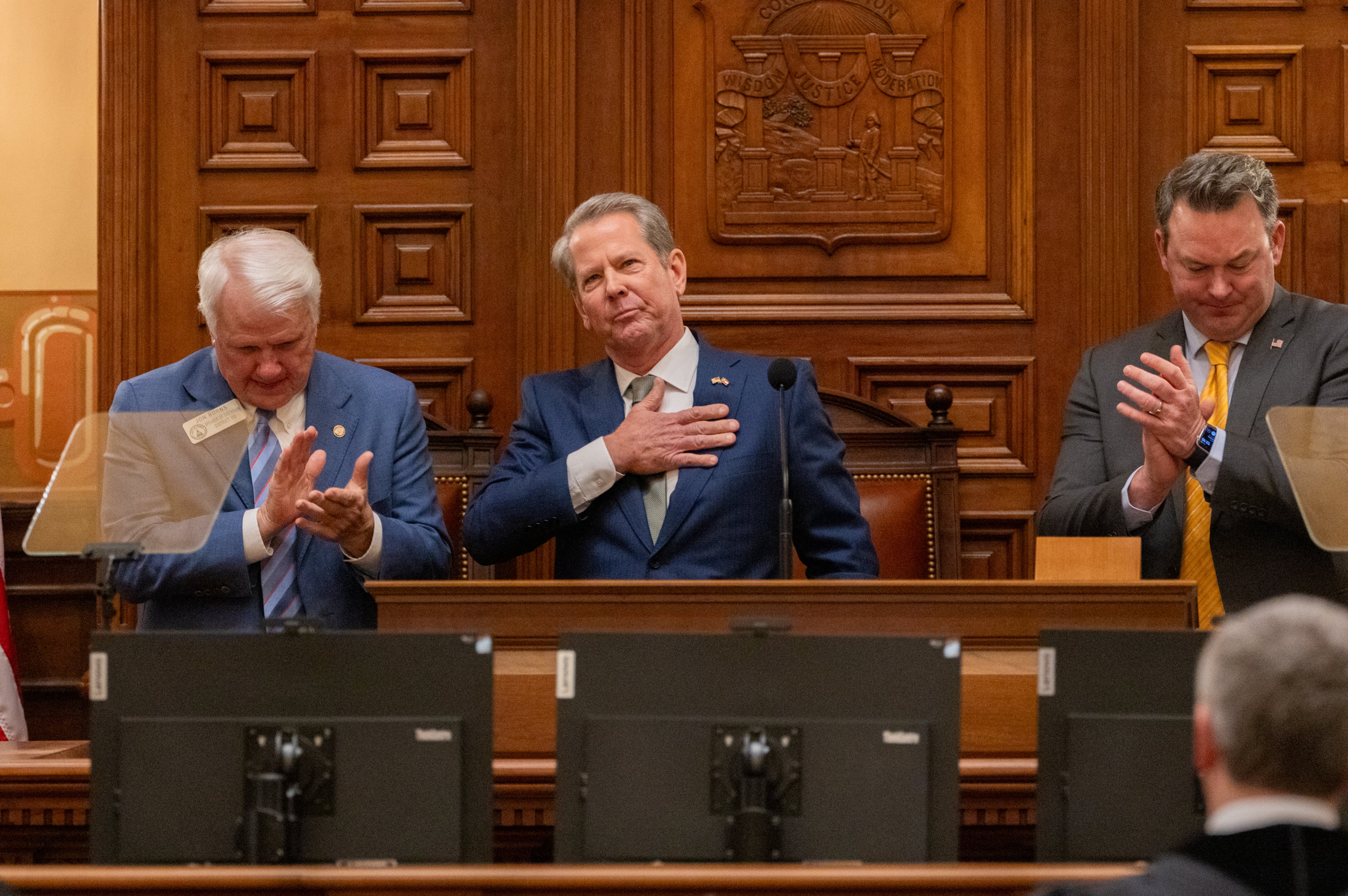Georgia tax collections continue to rise despite COVID spike

Despite a rise in COVID-19 cases, Georgia continues to see signs of improvement in its economy, with tax collections up 7.7% in December over the same month a year earlier.
For the fiscal year — which began July 1 — collections are up $722.5 million. State lawmakers cut this year’s budget by 10%, expecting revenue to be down because of the COVID-19 pandemic and recession, but the economy in many sectors has continued to outperform those projections.
Most state revenue comes from income and sales taxes, and individual income tax collections were up 7.2% and the gross take from sales taxes grew 6.9% in December.
Alcohol and tobacco tax collections were way up again, which has happened regularly since COVID-19 hit the state in March, but hotel taxes were off 27% from December 2019, also a common theme.
The revenue news was good for Gov. Brian Kemp and state budget writers, who will decide how much money areas such as k-12 and college education, road construction and health care will receive in the coming year. The 2021 General Assembly session starts Monday.
Through Georgia’s budget, taxpayers help educate 2 million children, provide health care to more than 2 million Georgians, build roads and bridges, manage parks, investigate crimes and incarcerate criminals, and regulate insurance firms and utilities, along with dozens of professions. The state issues driver’s licenses and helps pay for nursing home care for the elderly.
The state is a major provider of basic medical coverage and treatment for mental health and drug addiction, and it helps fund public health programs that are fighting the pandemic.
Besides paying salaries, it also helps make sure that hundreds of thousands of former teachers, university staffers and state employees receive pensions and health care.



